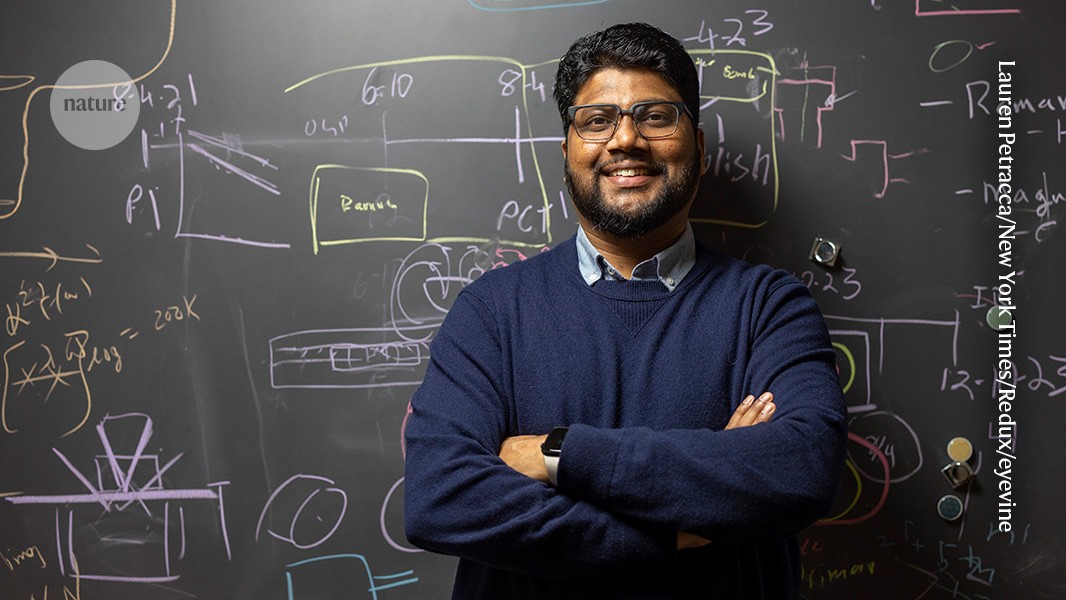deleted by creator
It’s because writing research grants, getting them approved, and publishing papers on that research has become more about getting the money and less about producing quality results.
But now he will never get money again…?
Change name or use pseudonym, rinse and repeat.
Sure, because there are millions in that field and nobody will remember him? This is a niche, extremely specific science field. They all know each other at a certain level.
Money and grants don’t come from your peers, unless there’s a physics gofundme I don’t know about.
but don’t grants get reviewed by peers?
deleted by creator
deleted by creator
The harder it is to reproduce the experiment the less likely you are to be caught, and in the meantime you get paid to live your dream job as a world renowned scientist. It’s the whole “fake it til you make it” scheme ever-present in every field.
deleted by creator
Not really, they get caught within a few years usually. It just takes a much shorter amount of time to get caught for a simple experiment than a more complicated one.
Oof. Bad guy. Good article.
deleted by creator
It’s the money. Every American passes through the turnstile of “college” and drops off their 100k+ before they go live life. Colleges are turning up in abandoned K-Marts. It’s a feeding frenzy.
Wasn’t this also in the news a few years ago when a material scientist was nominated for a Nobel Prize before he was caught to have faked almost a third of his publishings?
It’s the whole electroplaning fiasco of the 1970s all over again.



